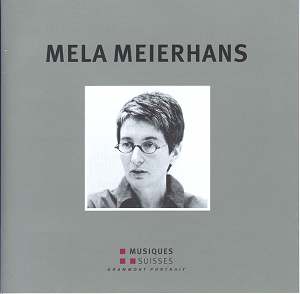
Hi all--I said to myself I wasn't going to post to this blog while I had things to do, but my two works and my lecture notes for workshop all seem to be tangled up in this topic and I figured the blog might be a good dress rehearsal--so consider this the rough draft of what I'll be consumed with this week.
Forms all have a history and all have a great deal of work they can do for us. I think it significant that many cultures used specific patterns and forms as wards against evil spirits, who got caught up in them, in the great enjoyment of recognizing their recurrence, their mathematics. The Dutch had Hex signs that they placed on barns. Eastern cultures clap repeatedly. A labyrinth held the Minotaur at bay, though it's now been said that constantly turning right will get one out of even the toughest of mazes. Music soothes the savage beast. Music convinced those in charge of the Underworld to give Orpheus' wife back, under certain conditions.
If we hear beforehand that something is a limerick, we already can hum the tune of the piece, already know it's likely bawdy, and all know the rhyme scheme, the syllabics. Pop songs all tend to have that tried and true format of Verse/ Chorus/ Verse/ Chorus/ Bridge/ Verse/ Chorus/ Fadeout. Doing something that works against that while at the same time acts against it can cause tension on its own that will add interest to a piece. Sting's Fortress around Your Heart has no bridge in its formal structure, yet its lyrics repeatedly mention one--the lack of one, the need to build one. John Berryman's Dream Songs have a sonnet-like structure and hint at a sonnet-like rhyme scheme, but often haven't got it. In doing so, we read it with the background of what sonnets do (talk of problems in love and war, with more lines to discuss the problem than discuss the solution, as well as have a major turn somewhere in the second half). Pieces of music (or literature, or cinema) often end as they begin, forming patterns within larger patterns that invite further study, catch the ear or eye. Architecture often serves this funtion as well--the repeated elements of the facade, the use of established Greek orders in older architecture (Doric at bottom, then Ionic, then Corinthian at top). Using forms such as these in various works of art adds the weight of such forms, drags the long shadow of them behind the movement of your piece. The trick is in how to do this effectively--to one side of the thin line and the piece is simply an imitation, on the other the reference makes no sense and seems to add a sham depth to a piece that doesn't deserve it.
Berryman often does well at this with his Dream Songs, Berrigan as well, less often, with his sonnet sequence. Alfred Schnittke made it the mainstay of the majority of his life of composing, with a purposeful juxtaposition of the Classical with the Modern. There is the old adage of needing to know the rules before one breaks them, and it tends to hold true. There are those who seem to know the rules innately and act against them. One of my sister's children learned the music and form of language (the cadence of it, the notes it should play, the sounds it should assume) without being able to form a word of English at all. This fascinated me; his ability to communicate using only the music of language along with gesture. Forms do their work. The great learning, however, comes from what one can bring to the form, or, alternately, in billiard terms, bankshot off it to form a new trajectory.








